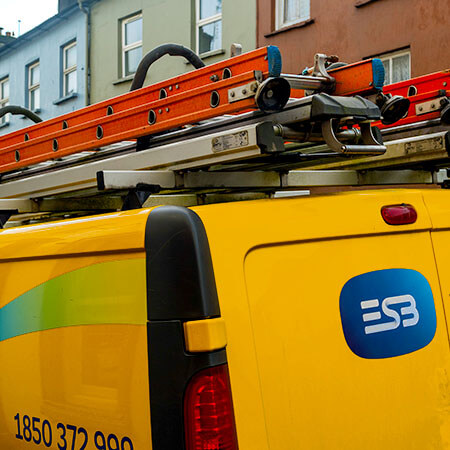Is Dublin expensive?
While there are plenty of reasons to live in Dublin, it’s not a cheap city. A recent survey by ECA International has named Dublin as the 9th most expensive city in Europe, rising four places from the previous year.
While Dublin is less expensive than Paris, Geneva, Copenhagen, Oslo, Vienna, Helsinki and Frankfurt, it’s more expensive than the likes of Amsterdam, Berlin, Barcelona and Milan. Our nearest neighbours in London pay slightly more for everyday essentials too.
The cost of living in Dublin is also lower than New York and LA in the US, as well as Hong Kong, Singapore, Osaka, Tokyo, Seoul, Sydney and Melbourne in the Asia-Pacific region.
If these comparisons don’t help you gauge the cost of living in Dublin, take a look at the what you can expect to pay for some key necessities below. Alternatively, if you want to study in Dublin, check out our guide to the cost of living for students.
The cost of consumer goods
In Dublin, the cost of consumer goods is higher than most other European cities. However, prices are coming down. Ongoing competition between supermarket chains has resulted in savings for shoppers at the till. As well as food, Ireland’s Consumer Price Index indicates that the cost of clothing and transport is declining too.
Crowd-sourced database Numbeo provides up-to-date figures for the cost of everyday goods here. You can also use it to compare the cost of living in Dublin with that of your nearest city.
The flip side of all this is that salaries in Dublin are also high. Right now, Ireland has the second highest minimum wage in Europe. There’s plans to move toward a higher living wage too. For other workers, average salaries are high and have steadily increased in recent years.
You can find out more about salaries in Dublin here.

The cost of accommodation
The cost of living in Dublin is largely driven by the high price of renting or buying a home. Both sectors have limited supply right now. However, housing is at the top of the Government’s priority list and new developments are starting all the time. Costs are expected to remain high for some time to come though.
In many ways, high house prices reflect Dublin’s success. They have been driven up by multinational corporations securing accommodation for workers and the large numbers of international students coming to study in Dublin.
In 2023, the average rent in Dublin city centre was €2,349, while the average cost of buying a home was €405,000. But prices vary hugely between different Dublin neighbourhoods.
Find out more about what you can expect to pay in our guide to finding accommodation in Dublin.
Is the cost of living in Dublin worth it?
While living expenses are quite high, Dublin also offers well-paid employment opportunities, access to some of Europe’s top universities and the chance to gain experience at internationally recognised multinationals. Getting to know the city’s people and culture is a bonus too.
If you want to relocate to an English-speaking city, Dublin is a little cheaper than London right now. Ultimately, the decision will depend on your personal circumstances and preferences.




